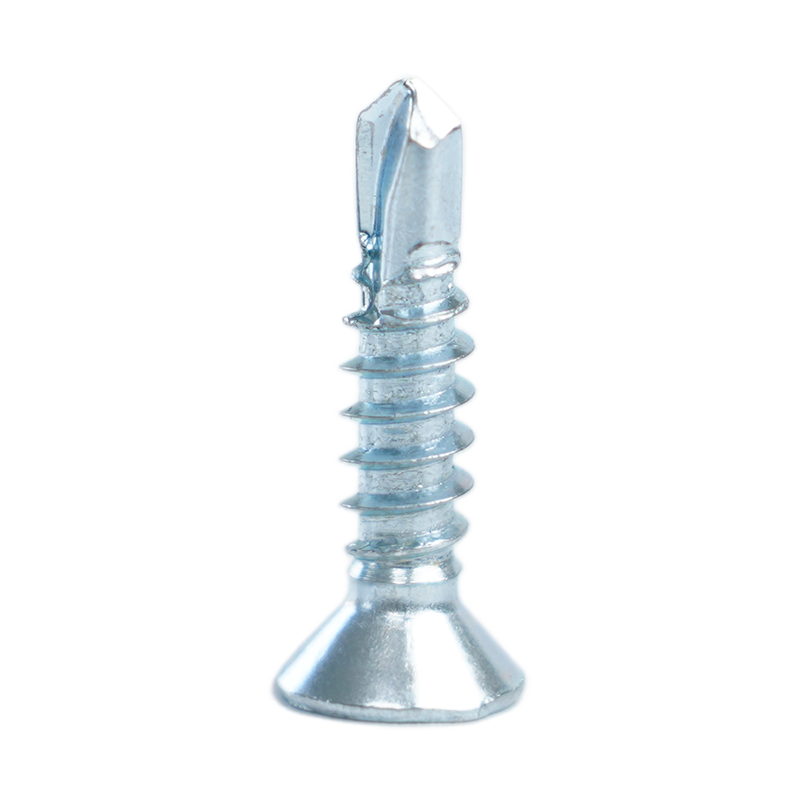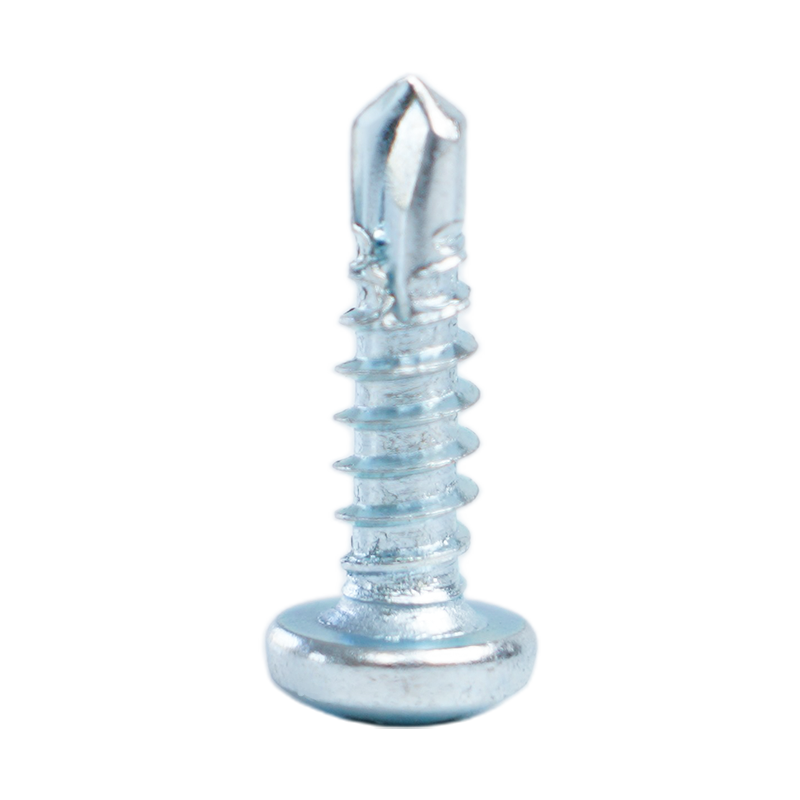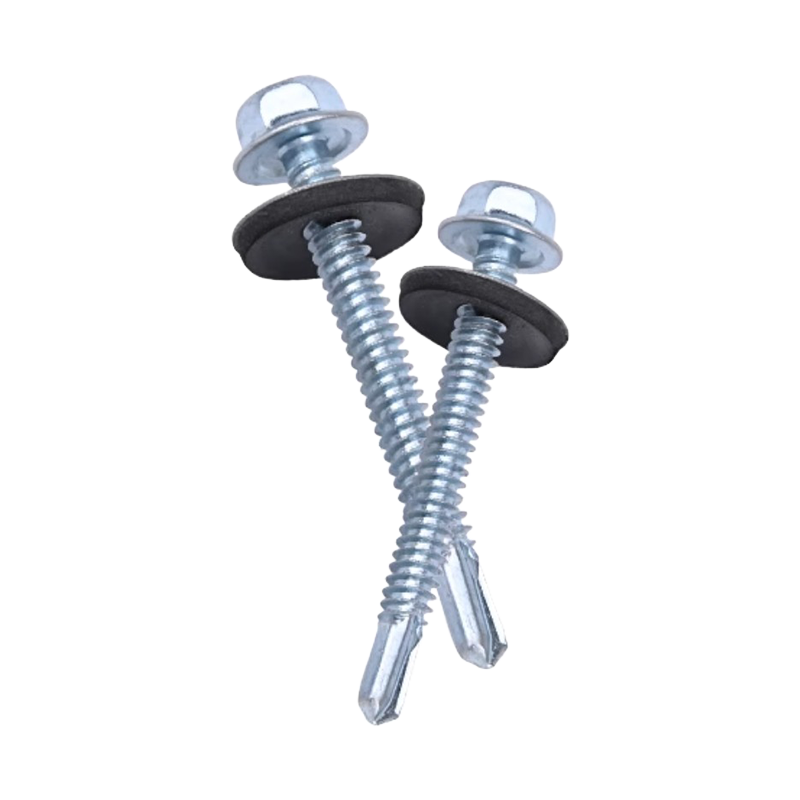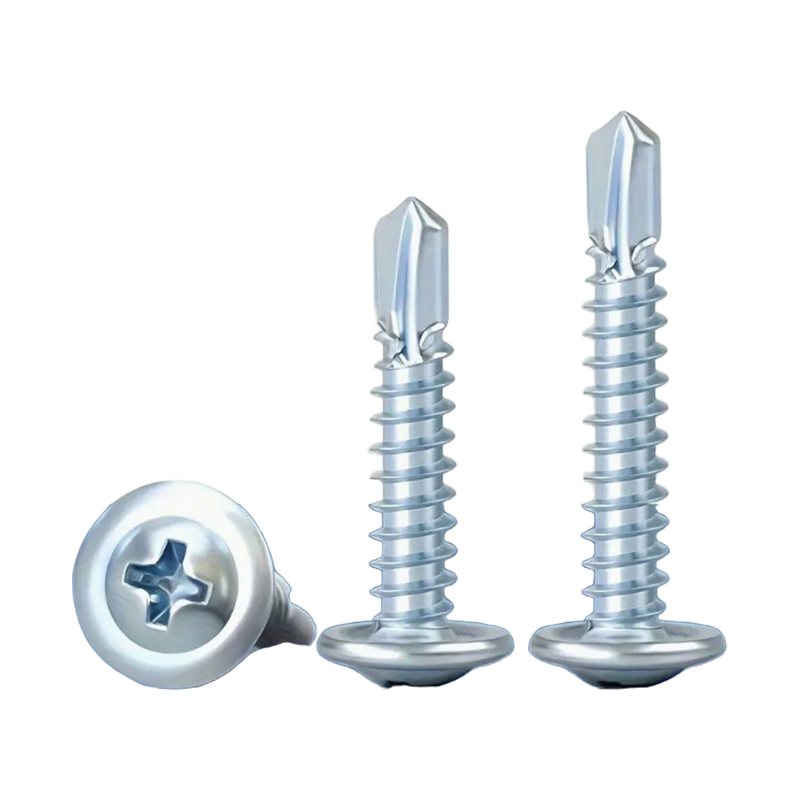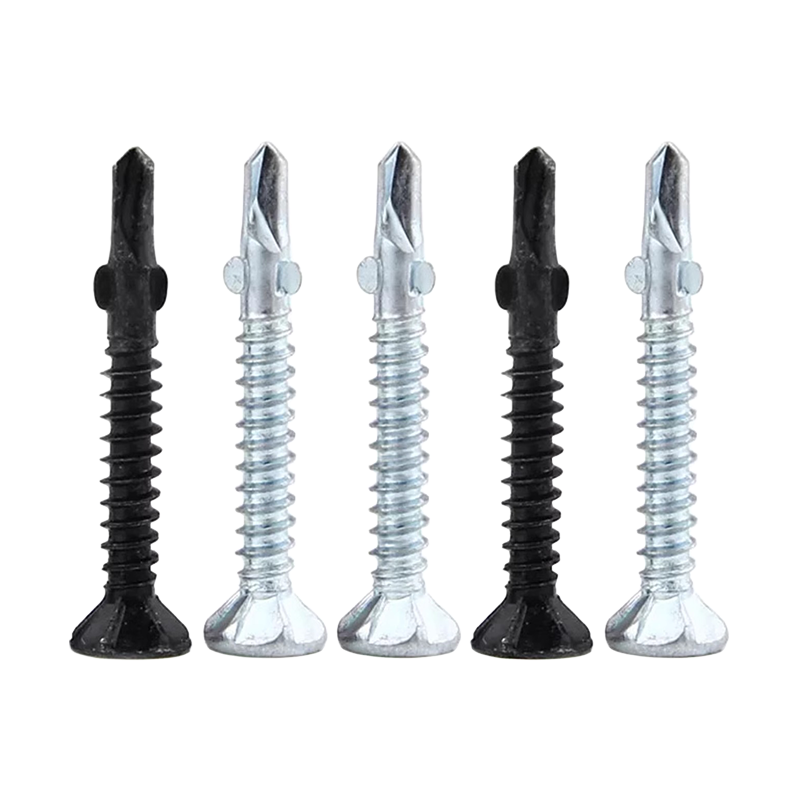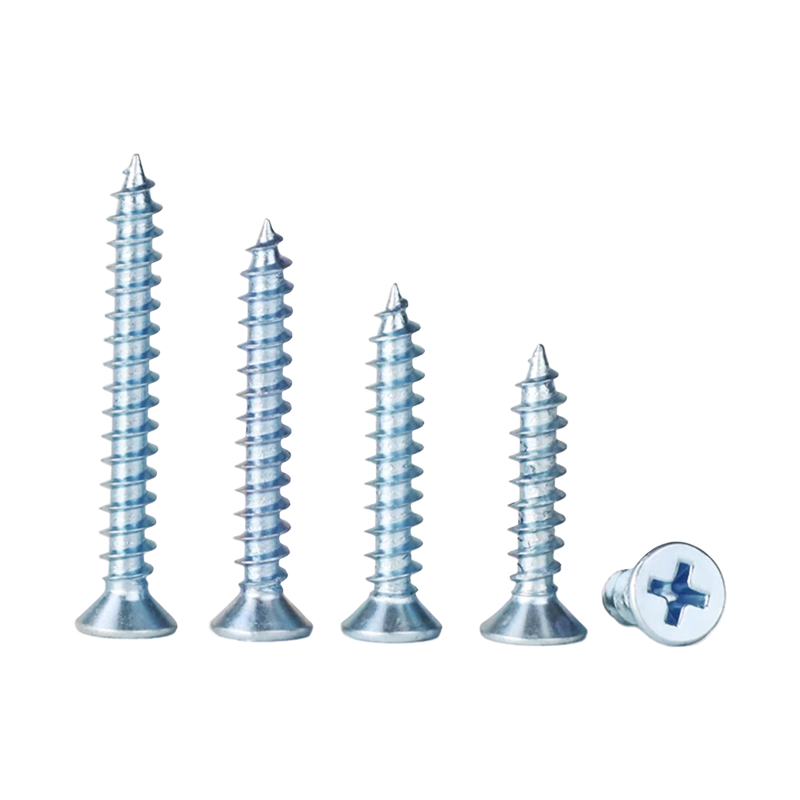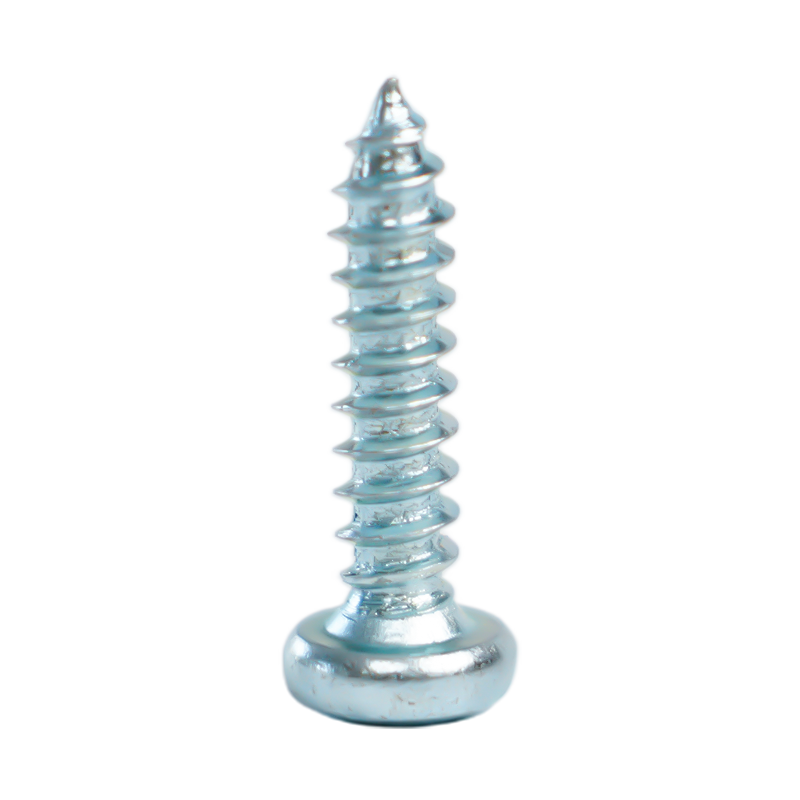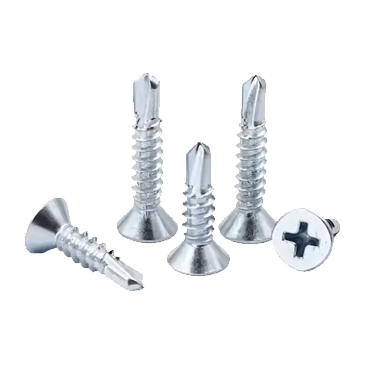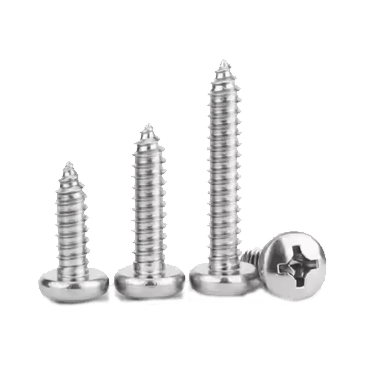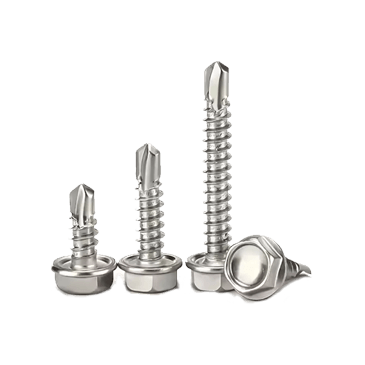In the grand symphony of construction and industrial endeavors, where massive structures rise from the ground and delicate installations adorn interior spaces, there exists a class of unsung components that quietly uphold the principles of stability and safety. Anchor bolts expansion screws, often overlooked amidst the grandeur of steel beams and glass facades, are the hidden guardians of structural integrity.
The genius of expansion screws lies in their ability to harness the forces of mechanical expansion to create an unyielding bond between the fastener and the base material. When installed into a pre-drilled hole, these screws undergo a transformative process. As the bolt is tightened, either through rotational torque or a dedicated expansion mechanism, a controlled expansion occurs within the hole. This expansion can manifest in two primary forms: the outward radial displacement of an expansion sleeve or the axial elongation of a wedge-shaped component.
In the case of standard expansion bolts, a common sight in general concrete and brick wall applications, the tightening action of the bolt causes an accompanying expansion sleeve to flare outward. This outward thrust presses firmly against the inner walls of the hole, generating a frictional grip that resists both tensile forces (pulling the fastener out) and shear forces (sliding the fastener sideways). The result is a rock-solid connection that can withstand substantial loads and environmental stresses.
Wedge anchors, on the other hand, employ a more specialized expansion mechanism. Designed for use in concrete or stone, these anchors feature a wedge-shaped component at the end of the bolt. As the bolt is tightened, the wedge is drawn into a tapered sleeve, forcing the sleeve to expand radially and grip the surrounding material with remarkable tenacity. This design is particularly effective in hard, dense substrates, providing a level of holding power that is second to none.
Plastic expansion anchors, tailored for lighter-duty applications in walls and lightweight building materials, take a different approach. Made from durable polymers, these anchors rely on their ability to deform and compress within the hole as the screw is tightened. The resulting interference fit creates a secure connection that, while not as robust as its metal counterparts, is more than adequate for hanging shelves, mirrors, or lightweight fixtures on drywall or plasterboard.
The versatility of expansion screws is matched only by the breadth of their applications. In the construction industry, they are the go-to solution for securing everything from structural steel beams and machinery bases to electrical conduits and plumbing fixtures. Their ease of installation and reliable performance make them indispensable in fast-paced construction environments where time is of the essence and safety cannot be compromised.
In the realm of interior decoration and renovation, expansion screws are equally at home. Whether it's mounting a flat-screen TV on a brick fireplace, installing a towel bar in a tiled bathroom, or securing a heavy piece of artwork to a concrete wall, these fasteners provide the peace of mind that comes with knowing the installation is secure.
Industrial settings, with their demanding requirements for durability and load-bearing capacity, also rely heavily on expansion screws. From securing heavy machinery to the factory floor to anchoring safety barriers and guardrails, these fasteners are put to the test day in and day out, proving their worth in the most challenging environments.

 +86-15052135118
+86-15052135118 

 Español
Español
 Get In Touch
Get In Touch


